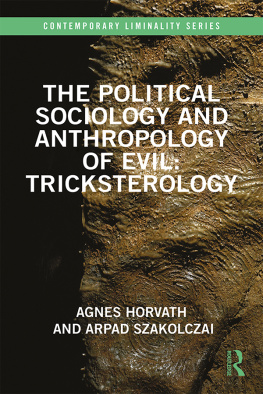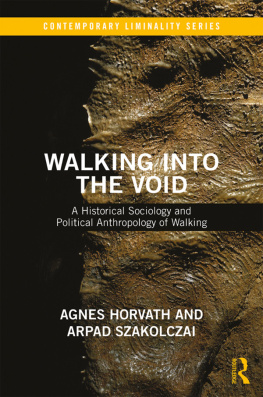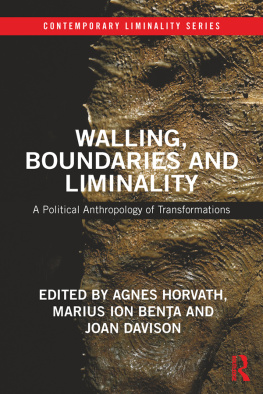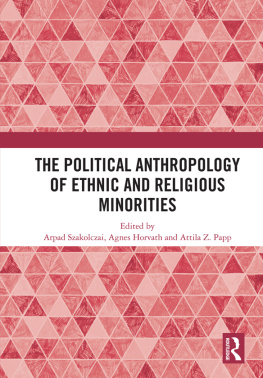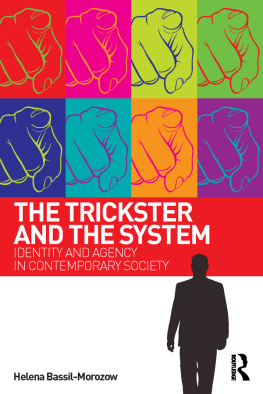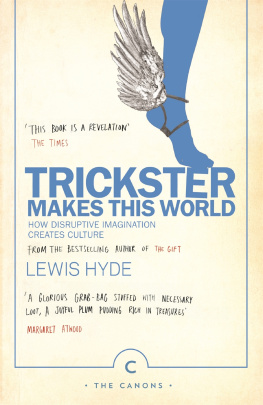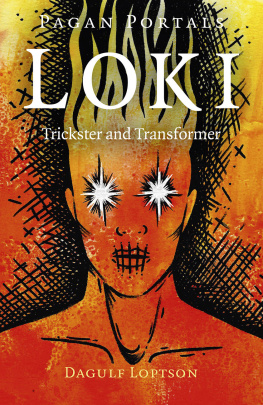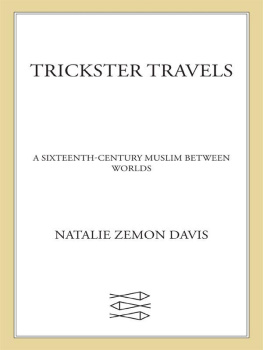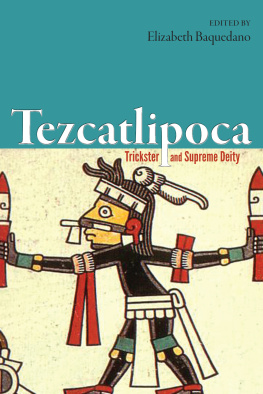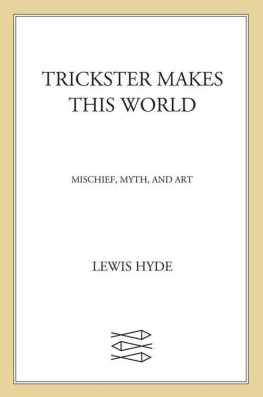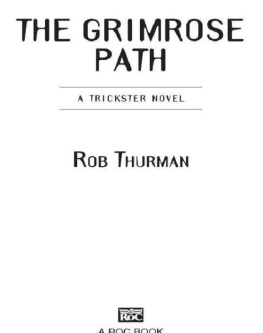Because evil is a term fraught with religious overtones, it tends to be undertheorized in our largely secular contemporary culture. Yet something like evil continues to exist, arguably more forcefully today than ever, so the authors of this timely and important book assert. They argue boldly that understanding the continued presence of evil in the modern world requires reconceiving evil through the mythical figure of the trickster, a cross-cultural symbol that represents the perennial temptation to ignore the inherent limits of human thought and action.A wide ranging study that draws on multiple disciplinary sources, Horvath and Szakolczai illustrate forcefully how contemporary efforts to maximize productivity across all sectors of our social order violates the ethos of limits, and only liberates further the forces of destruction. In an age of increasingly mindless (and therefore runaway) processes, we would do well to heed the message of this significant study.
Gilbert Germain, Professor of Political Thought at the University of Prince Edward Island, Canada
A complex and timely meditation on the nature of evil in human societies, reaching back into the distant past while not all will agree with its methods or conclusions, this book offers provocative ideas for consideration by anthropologists, philosophers, and culture historians.
David Wengrow, Professor of Comparative Archaeology, University College London, UK
This book offers an original and thought-provoking engagement with a problem for which we still lack adequate perspectives: the disastrous experience of advanced modernity with what we can provisionally call demonic power.
Johann Arnason, Emeritus Professor of Sociology, La Trobe University, Australia
Horvath and Szakolczai provide a remarkable service in bringing the neglected figure of the trickster into the spotlight. This is a book to be recommended and savoured as a fillip to the sociological imagination today.
Chris Rojek, Professor of Sociology, City University of London, UK
The Political Sociology and Anthropology of Evil: Tricksterology
This book offers a new approach to the problem of evil through an examination of the anthropological figure of the trickster. A lesser known and much more recent term than evil, the authors use the trickster to facilitate a greater understanding of the return of evil in the modern era. Instead of simply opposing good and evil, the figure of the trickster is used to pursue the trajectories of similarities and quasi-similarities through imitation.
After engaging with the trickster as presented in comparative anthropology and mythology, where it appears in tales and legends as a strange, erratic outsider, the authors seek to gain an inside perspective of trickster knowledge through an examination of mythology and the classical world, including both philosophers and poets. The book then goes on to trace the trickster through prehistory, using archaeological evidence to complement the diverse narratives. In this way, and by investigating the knowledge and customs surrounding evil, the authors use the figure of the trickster to provide an unprecedented diagnosis of the contemporary world, where external, mechanical rationality has become taken for granted and even considered as foundational in politics, economics, and technologised science. The authors advance the idea that the modern world, with its global free markets, mass mediatic democracy and technologised science, represents a universalisation of trickster logic. The Political Sociology and Anthropology of Evil: Tricksterology will be of interest to scholars working in the fields of social theory, political anthropology and political sociology, as well as those interested in the ways in which evil can infiltrate reality.
Agnes Horvath is a founding and chief editor of International Political Anthropology. She taught in Hungary, Ireland and Italy, and was affiliate visiting scholar and supervisor at Cambridge University. She is the author of Modernism and Charisma, the co-author of The Dissolution of Communist Power: The Case of Hungary and Walking into the Void: A Historical Sociology and Political Anthropology of Walking, and the co-editor of Breaking Boundaries: Varieties of Liminality, Walling, Boundaries and Liminality, and Divinization and Technology: The Political Anthropology of Subversion.
Arpad Szakolczai is professor of sociology at University College Cork, Ireland and previously taught social theory at the European University Institute in Florence. He is the author of Max Weber and Michel Foucault: Parallel Life-Works, Reflexive Historical Sociology, Sociology, Religion and Grace: A Quest for the Renaissance, The Genesis of Modernity, Comedy and the Public Sphere, Novels and the Sociology of the Contemporary, and Permanent Liminality and Modernity, and the co-author of Walking into the Void: A Historical Sociology and Political Anthropology of Walking and From Anthropology to Social Theory: Rethinking the Social Sciences.
Contemporary Liminality
Series editors:
Arpad Szakolczai, University College Cork, Ireland
Series advisory board:
Agnes Horvath, University College Cork, Ireland
Bjrn Thomassen, Roskilde University, Denmark
Harald Wydra, University of Cambridge, UK
This series constitutes a forum for works that make use of concepts such as imitation, trickster or schismogenesis, but which chiefly deploy the notion of liminality, as the basis of a new, anthropologically-focused paradigm in social theory. With its versatility and range of possible uses rivalling and even going beyond mainstream concepts such as system structure or institution, liminality is increasingly considered a new master concept that promises to spark a renewal in social thought.
In spite of the fact that charges of Eurocentrism or even moderno-centrism are widely discussed in sociology and anthropology, it remains the case that most theoretical tools in the social sciences continue to rely on taken-for-granted approaches developed from within the modern Western intellectual tradition, whilst concepts developed on the basis of extensive anthropological evidence and which challenged commonplaces of modernist thinking, have been either marginalised and ignored, or trivialised. By challenging the assumed neo-Kantian and neo-Hegelian foundations of modern social theory, and by helping to shed new light on the fundamental ideas of major figures in social theory, such as Nietzsche, Dilthey, Weber, Elias, Voegelin, Foucault and Koselleck, whilst also establishing connections between the perspectives gained through modern social and cultural anthropology and the central concerns of classical philosophical anthropology Contemporary Liminality offers a new direction in social thought.
Titles in this series
8. The Spectacle of Critique
From Philosophy to Cacophony
Tom Boland
9. Divinization and Technology
The Political Anthropology of Subversion
Edited by Agnes Horvath, Camil Roman and Gilbert Germain
10. The Political Sociology and Anthropology of Evil: Tricksterology
Agnes Horvath and Arpad Szakolczai
For more information about this series, please visit: https://www.routledge.com/sociology/series/ASHSER1435
First published 2020
by Routledge
2 Park Square, Milton Park, Abingdon, Oxon OX14 4RN

